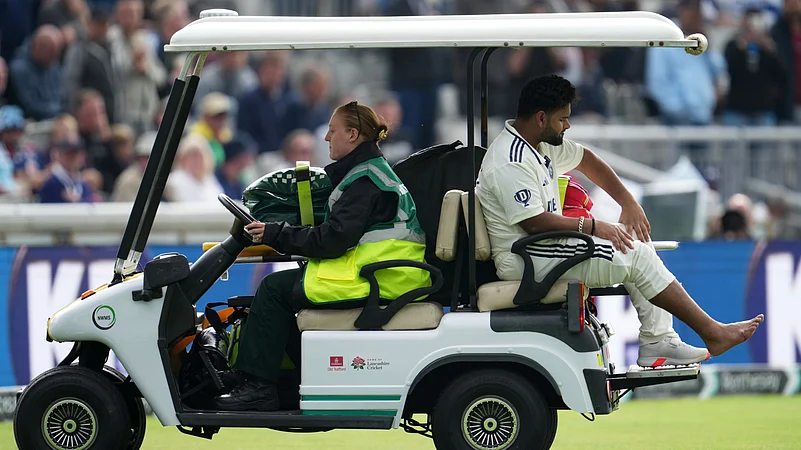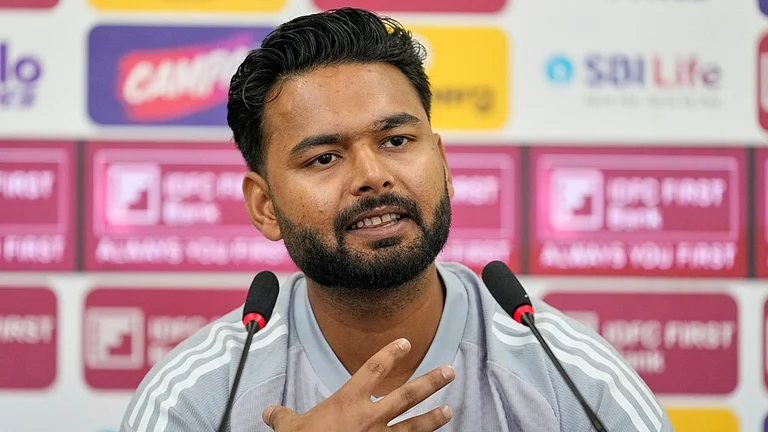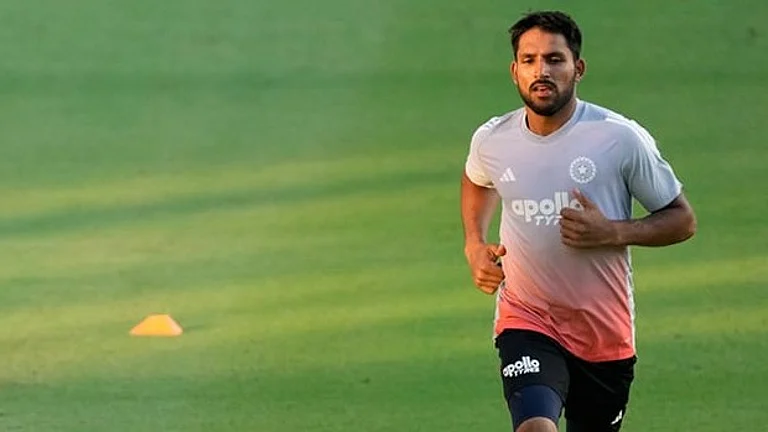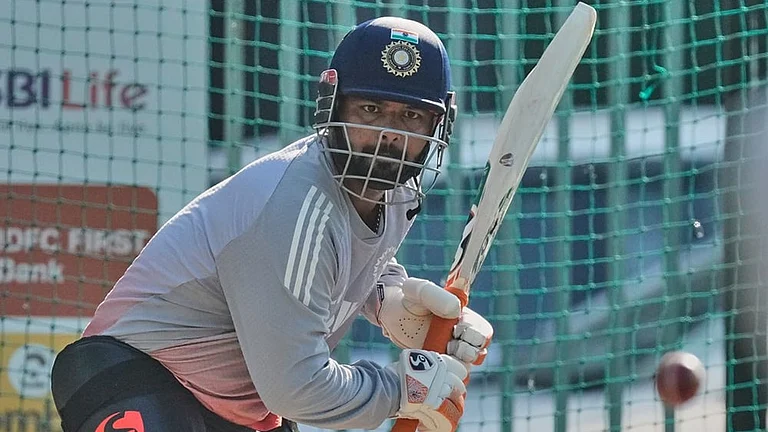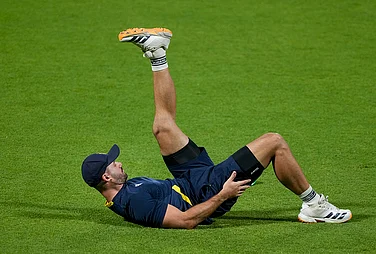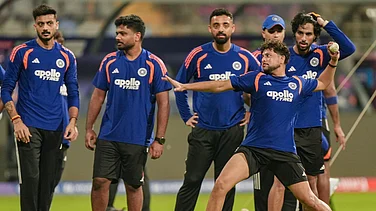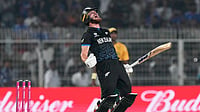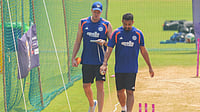
Summary of this article
Board of Control for Cricket in India to introduce ‘Serious Injury Replacement’ clause
The moves comes after Rishabh Pant injury during Anderson-Tendulkar trophy
The rule will be applicable from the CK Nayudu Trophy
The Board of Control for Cricket in India (BCCI) has formally introduced a ‘Serious Injury Replacement’ clause in the playing conditions for the 2025/26 domestic season, allowing like-for-like replacements for players ruled out of a multi-day game due to serious injuries.
The move comes on the back of incidents during the recent Anderson-Tendulkar Trophy where Rishabh Pant, despite fracturing his right foot, batted in Manchester, and Chris Woakes turned up with the bat at The Oval while nursing a dislocated shoulder. Both scenarios raised questions over the lack of provision for replacements in longer formats.
According to a Cricbuzz report, the new clause has been explained in detail to umpires at an ongoing seminar in Ahmedabad. It will be applicable in tournaments like the CK Nayudu Trophy and other multi-day formats, but not in white-ball competitions such as the Syed Mushtaq Ali Trophy or the Vijay Hazare Trophy. The IPL’s inclusion under the clause remains uncertain.
The Serious Injury Replacement Clause
1.2.8.1 If a player sustains a serious injury during the course of the relevant match, a Serious Injury Replacement may be permitted in the following circumstances:
1.2.8.1.1 The serious injury must have been sustained during play and within the playing area. The injury must have occurred due to an external blow and result in fracture, deep cut, dislocation, etc. rendering the player unavailable for the remainder of the match.
1.2.8.1.2 On-field umpires shall be the final authority to decide on the extent of injury and allowability of replacement. They may consult the BCCI Match Referee and/or a doctor available on the ground.
1.2.8.1.3 The Team Manager shall submit a Serious Injury Replacement Request on a standard form to the BCCI Match Referee, which shall:
Identify the injured player.
Specify the incident and time of injury.
Confirm that the player cannot take further part in the match.
Identify the requested like-for-like replacement.
Ensure the replacement is from the nominated substitutes at the toss. Only in the case of a wicketkeeper injury can the referee allow a player from outside the nominated substitutes.
1.2.8.2 The request must be submitted as soon as possible after the incident.
1.2.8.3 The referee should ordinarily approve the replacement if the player is like-for-like and does not excessively advantage the team.
1.2.8.4 In assessing this, the referee must consider the role of the injured player and the role of the replacement.
1.2.8.5 If the referee believes the replacement provides excessive advantage, conditions may be imposed on the player’s involvement to preserve fairness.
1.2.8.6 The referee may seek additional information before making a final decision.
1.2.8.7 The decision of the referee will be final and not open to appeal.
1.2.8.8 Once approved, the injured player shall take no further part in the match.
1.2.8.9 Both the injured player and the replacement will be considered to have played in the match for record and statistical purposes.
Additionally, any warnings, penalty time, or suspensions on the injured player will automatically transfer to the replacement.
The new clause, while detailed and stringent, ensures teams are not left handicapped in cases of unavoidable and genuine injuries. By restricting replacements to nominated substitutes (with the exception of wicketkeepers) and keeping final discretion with the match referee, the BCCI has attempted to balance player welfare with competitive integrity.
This rule is set to debut in the upcoming CK Nayudu Trophy, providing young cricketers a structured safeguard against freak injuries during play


